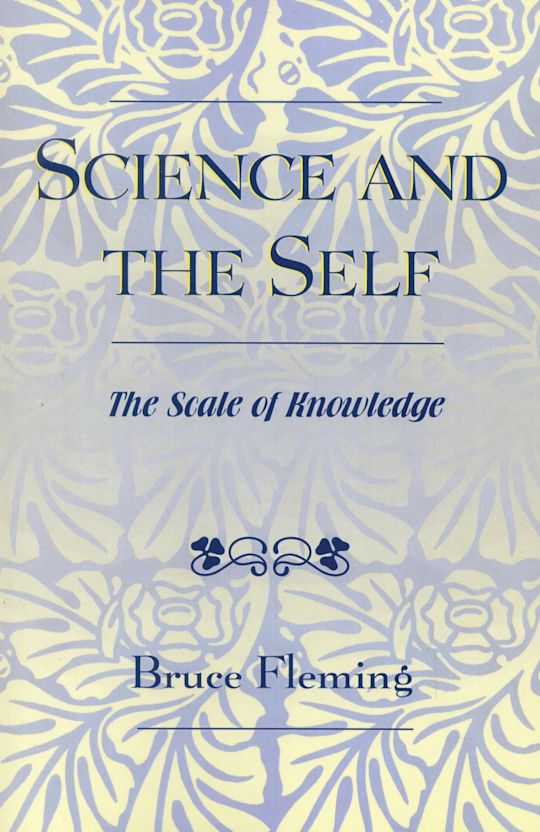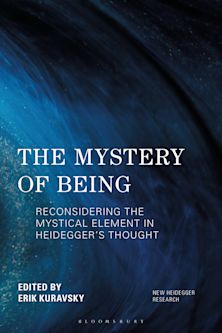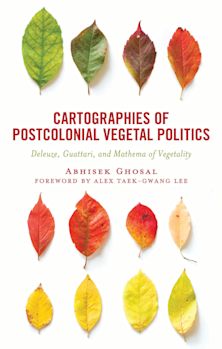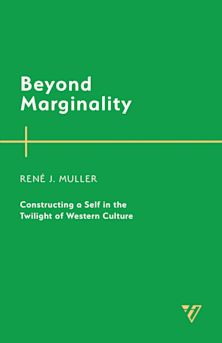- Home
- ACADEMIC
- Philosophy
- Philosophy - Other
- Science and the Self
This product is usually dispatched within 3 days
- Delivery and returns info
-
Free US delivery on orders $35 or over
You must sign in to add this item to your wishlist. Please sign in or create an account
Description
Science and the Self offers a fundamental re-conception of the relationship between science, a specific type of knowledge, and the other types of knowledge that are equally part of life. Those who practice science typically insist that it is objective, not subjective. Opposing them, philosophers such as Kuhn, Feyerabend, and Foucault-indeed, the very tenor of our times-emphasize science's subjective qualities. Science and the Self seeks to explain how reasonable people can hold either view. Offering an alternative to Robert Nozick's relativism, it argues that the world is objective. However it is so only because (and to the extent that) we subjective humans banish from its language the vast iceberg of things, which cannot be expressed in its terms. Most of daily life is composed of situational knowledge, which, unlike the scientific knowledge we may distill from it, is tied to the specific moment and place it arises in. Science and the Self offers a refreshing, coherent view that explains the nature of the self in the world, the nature of belief, and whether miracles are possible.
Table of Contents
Chapter 2 Situational Knowledge
Chapter 3 Science and the Objective World
Chapter 4 Living in Error
Chapter 5 Expectation
Chapter 6 Learning and Teaching
Chapter 7 Notes
Chapter 8 Bibliography
Chapter 9 Author Note
Chapter 10 Index
Product details
| Published | Mar 15 2004 |
|---|---|
| Format | Paperback |
| Edition | 1st |
| Extent | 184 |
| ISBN | 9780761828440 |
| Imprint | University Press of America |
| Dimensions | 9 x 6 inches |
| Publisher | Bloomsbury Publishing |
About the contributors
Reviews
-
Fleming's book possesses a distinctive and personal voice. Reading this work, one gets the impression that there is an actual first-person experience...that acts as the guiding intelligence of the book. While remaining respectful of the achievements and the fruits of science,Fleming equally pays tribute to the essential, subjective intricacies of human existence.
Predo Blas Gonzalez, Associate Professor of Philosophy, Barry University, Bridges


































